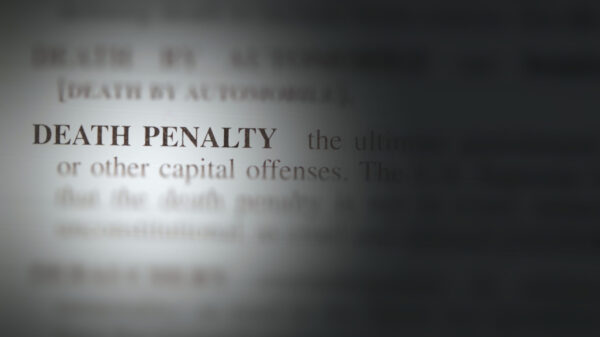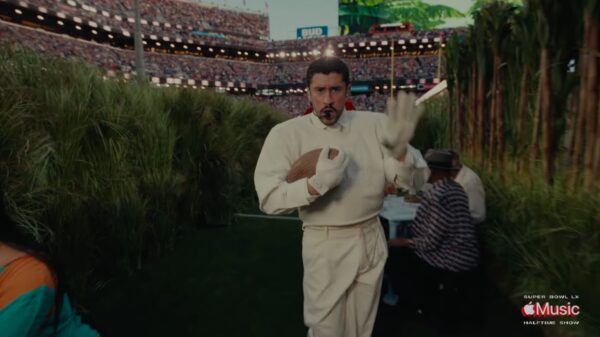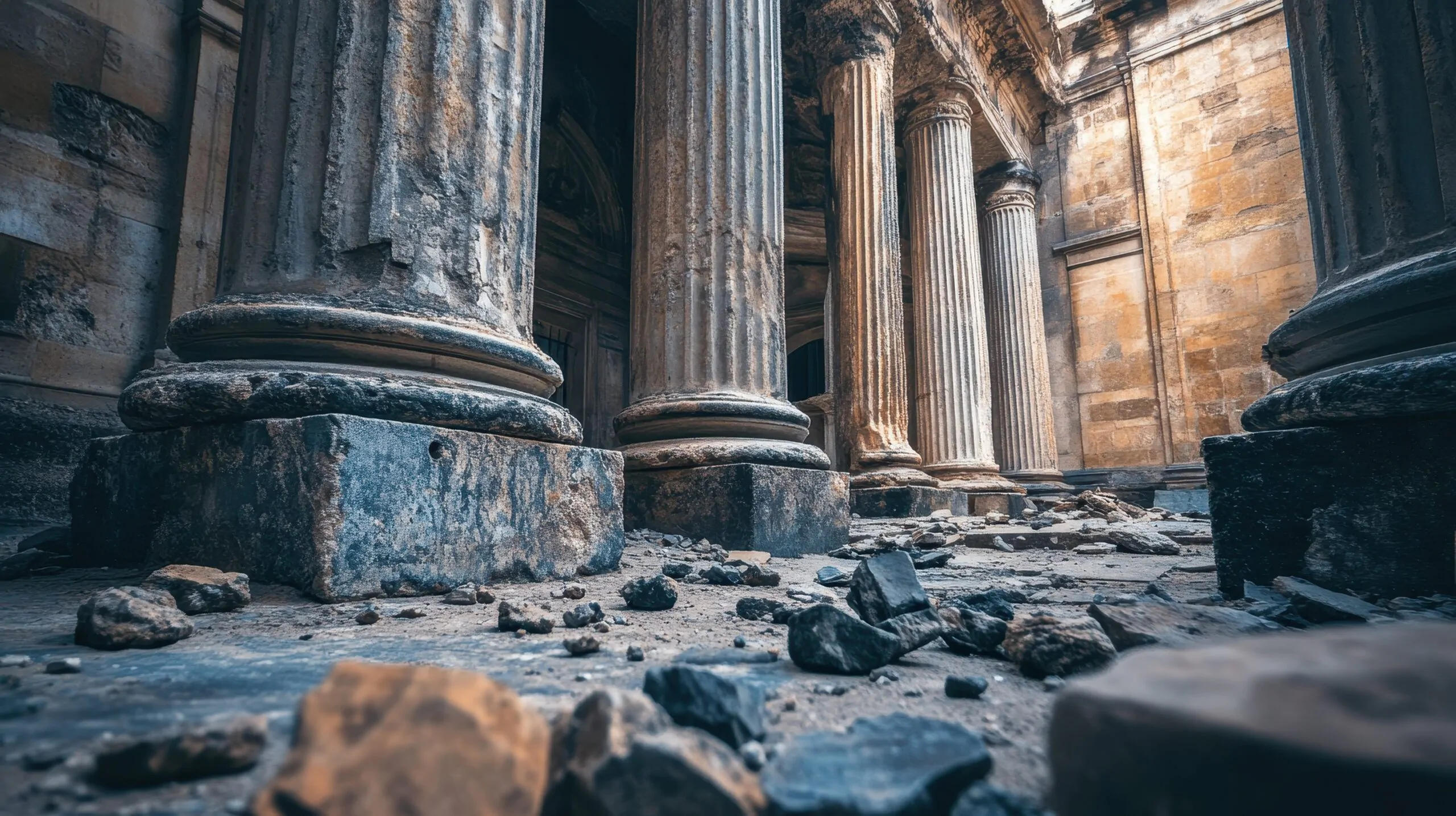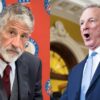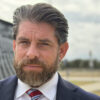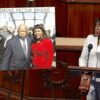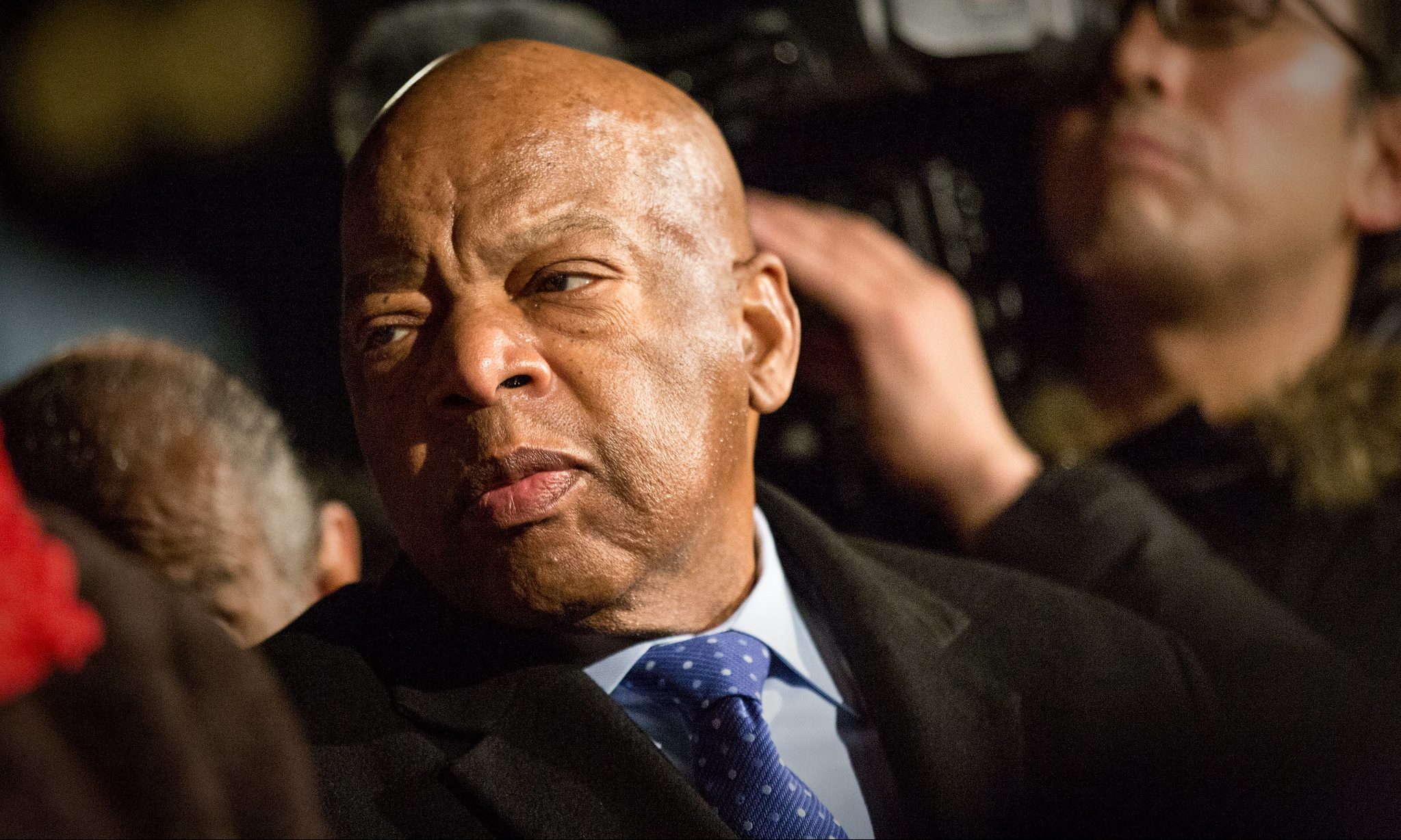More than a century ago, W. B. Yeats looked into the wreckage of war and offered a line that today feels less like poetry than prophecy: “Things fall apart; the centre cannot hold.” In The Second Coming, he wrote not just about a political unraveling, but a spiritual one — a collapse of meaning, of shared truth, of the moral ballast that holds a society upright.
Today, we live in that unraveling.
The idea of a shared reality has eroded. Institutions that once upheld a common good are now reflexively distrusted, ridiculed, or actively dismantled. In this void, partisanship becomes faith, performance becomes principle, and cruelty becomes power’s favorite mask. We are told to doubt facts, scorn expertise, and treat foundational truths as suspect. It’s no longer enough to disagree — we must discredit, delegitimize, and ultimately dominate.
This is not merely a political crisis. It is a crisis of the soul.
We have witnessed a shift in appetite — not a lust of the flesh, but a deeper hunger: the desire to control, to break another’s will. It is not persuasion but conquest that animates too many of our leaders. And conquest, stripped of conscience, takes on the character of spiritual rape — a violation not of body, but of dignity, identity, and truth. It is an act of domination for its own sake, a desire not to build anything new, but to grind down whatever resists submission.
What once counted as strength — restraint, wisdom, humility — is now mocked as weakness. To care is to be soft. To doubt is to be disloyal. To love your country is to cheer for its vengeance, not its virtue. In this new order, power is not a burden to be carried, but a prize to be flaunted. Patriotism is redefined not as a covenant with one another, but as a license to harm those who fall outside the favored circle.
We have inverted the moral compass. The needle no longer points north.
And yet, we’ve been here before — or close to it. In the 1960s, America trembled under the weight of civil rights unrest, political assassinations, and a war that split the nation in two. It would have been easy then — as it is now — to surrender to cynicism, to let fear and fury drive us apart. But even in that era of upheaval, there remained leaders who believed that patriotism was not a weapon but a promise. They held the line. The center held. And though imperfect, it gave the nation space to breathe, to bend, and not break.
Today, such memory feels dimmed. Perhaps because the decay we face now is not just social or political — it is epistemological. It cuts to the bone of how we know what’s true.
Hannah Arendt warned that the ideal subject of authoritarian rule is not the fanatic but the person “for whom the distinction between fact and fiction, and the distinction between true and false, no longer exists.” That is where we now teeter. Truth is no longer the foundation — it is the battleground. And in its place, raw power rushes in. Power divorced from reason. Power that justifies itself only by its capacity to crush.
That is why Yeats’s vision of a “rough beast… slouching toward Bethlehem” feels so familiar. He was not describing a singular event or apocalypse. He was warning us about what fills the vacuum when a culture forsakes its conscience.
But warnings are not fate. History is not a straight line, and decline is not destiny. We still have choices — if we’re willing to make them.
We do not need millions to restore the center — we need the willing few. Those who refuse to call cruelty strength. Those who will not mistake cynicism for wisdom. Throughout history, it has often been the minority of conscience that turned the tide. Think of Václav Havel, who faced down Soviet domination with moral clarity. Think of John Lewis, who crossed the Edmund Pettus Bridge not with anger, but with purpose. Think of the teacher who refuses to lie to her students, the parent who models dignity in the face of vitriol, the citizen who votes not out of fear but conviction.
They remind us that the center is not merely a place on the political spectrum — it is a commitment to principle. And it must be chosen, again and again.
And yet, Yeats was not offering a prescription. He was offering a warning.
A warning is not fate. It is a call to reason — and a call to courage.
If the center is to hold, we must hold it. That means recommitting to the principles we once thought self-evident: that truth matters. That facts can be known. That institutions must be defended, not burned down. That patriotism is not cruelty wrapped in a flag. That love — of neighbor, of nation, of justice — is not weakness, but the foundation of a life worth living.
The road back will not be easy. But it begins with clarity. It begins by refusing to confuse volume with virtue, and cruelty with strength. It begins by remembering that real power — the kind that endures — is not taken, but entrusted. And that trust must be earned, not demanded.
Yeats warned of a beast rising from the desert. We still have a choice.
The center will not hold on its own, but it will hold if enough of us choose to stand in it.















